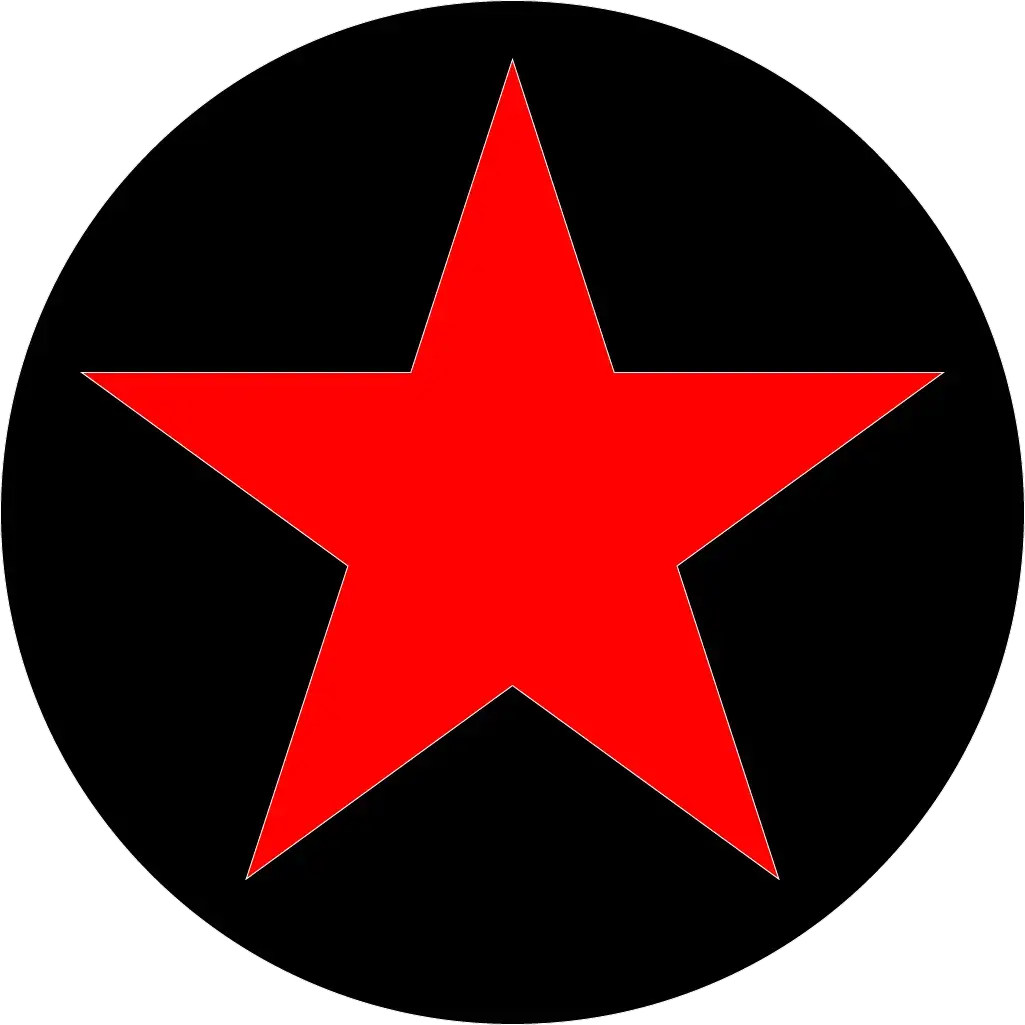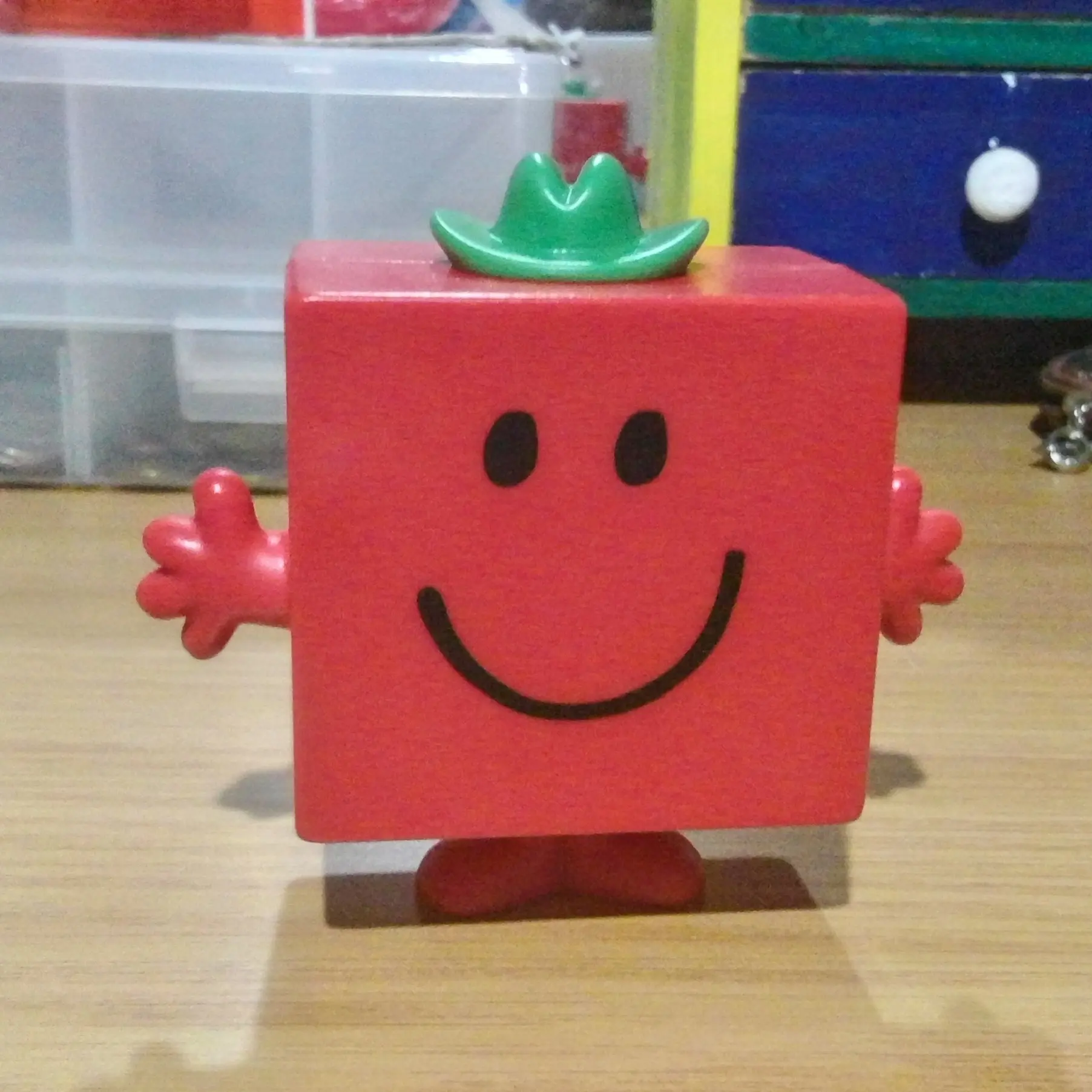For me, Google video search, Google books (Internet Archive is good, but doesn’t always have the same stuff), Adobe InDesign (but in the process of learning LaTeX), and Typewise. As for the Google stuff, I liked Whoogle a lot, but almost all their instances seem to have been blocked or shut down. Also, apologies if this is repeating an earlier post.
Podcast Addict I really want to use AntennaPod, but I can’t do without priority podcasts.
Also Feedly. Feeder (FOSS) is so close, but doesn’t allow different sorts for different feeds.
Proprietary firmware on Google Pixel, blobs in Dasharo Coreboot.
On Android there are tons of video and image editors embedded in Whatsapp, Telegram, Instagram, Snapchat, Tiktok etc. but nothing comparable.
I find Desktop video editors confusing but I use Footage (GNOME) and “OpenVideoEdit” on Android.
Steam
deleted by creator
It is, yes, but arg! Its toolbar buttons are too small!
I feel LaTeX is not a replacement for inDesign. It would be a replacement for something like word. maybe try scribus?
QuickBooks. F that software. Give me any double entry accounting software that you can use with multiple companies.
I use GnuCash for two companies and personal accounting. Love it.
I’m not familiar with what exactly you need but have you taken a look at KMyMoney? (Or is this for accounting for an actual company and not for yourself? Not sure how it holds up there)
There are a bunch. There are fewer that are multiuser. Search alternativeto. Thing is people want more then double entry accounting. Electronic payment processing, reporting, payroll, AR, tax… Then how does it work with the professionals you hire.
Edit: For personal stuff, my wife and I use GNUCash. It does have small company features. I do not think it is concurrent though, but it can be used with an SQL backend though. We do not use the database mode so no experience with it.
Well I have separate computer for music production which I don’t think has any FOSS software on it, so everything that has to do with that.
I guess that list could be helpful for some, but for me (and IMO, music production in general), it’s woefully inadequate to the point of hilarity.
Pro audio has been a complete mess in Linux for ages, and it’s not even close to where it should be in order to be generally usable. Every 7-8 years or so when my old music computer starts to die I try and check if it has made substantial improvement, but apart from Musescore actually being good, it is hard to find any tangible progress from 15 years ago. Pipewire gives me some hope, but it’s far from production-ready in Pro audio world. And I’m not really going to get rid of all the VST stuff I’ve bought in the last 20 years (all of which still works out of the box on a new computer!)
In addition, making music is the one hobby I have to get me away from tinkering with computers. I am not interested if I could make my Linux setup equally good if I spent weeks tinkering on it, when it’s literally easier for me to work for a week and buy a Macbook Air (or whatever crappy windows PC), where I get all of my old work ready for action in under a day, and I can trust that everything I do will just work, and work well at that. And it does it while allowing me to work remotely with other musicians since we can all use the same stuff.
I’m pretty sure I’ll be in my grave before FOSS Pro Audio ever gets there, unfortunately.
Edit: Ironically, the one FOSS thing I would love to use in my audio stuff is Guitarix, which is then the thing that doesn’t interop well with anything else. And I would love to have easy way to do all that I do on (Win/Mac Os) on Linux, but 20 years of disappointment is pretty hard to overcome at this point.
Have you tried Ardour, Bitwig, Reaper or Zrythm? Studio 1 also has a Wayland-native version now, which is paid.
But I get the tinkering part, poorly.
I’ve tried all of them except Zrythm. In fact, REAPER is my DAW of choice. But while that works on Linux, a lot of the plugins I require do not (or well, I guess it depends on how people define “work”), and REAPER in itself is not FOSS.
I wanted to package an ambisonic VST3 plugin as a Flatpak, really need to learn that as this would make things really easy.
But I have no idea of audio production, find it really cool but its a complex topic.
Just a comment – for InDesign-type work, I find something like Inkscape (or Scribus) easier to work with than LaTeX. I usually only use LaTeX for things where the layout needs to be pretty but not customized. Its possible to use it for design, but not a good use of time.
WhatsApp: I have been unable to convince my family and friends to use any other platform. Plus. in alot of countries, having WhatsApp becomes a must. Office 365: The only option I can use for work including Outlook and Teams. Google Maps: I keep trying to use OsmAnd+ but it is almost impossible to search for addresses.
in alot of countries, having WhatsApp becomes a must.
Why is this? I hear this a lot, but I don’t understand
Can’t speak for any country but my own (Brazil)
The reason WhatsApp is such a thing here is an interesting little historical path.
See, texting never really took off here in Brazil. Because phone service providers would charge per individual message. And while the charge was like 5 cents per message, that shit builds up. So unless you’re rich… You won’t be texting.
So when smartphones, and with them, data plans (that offered very little data, around 4 gigs is the average nowadays, it was a few megs back then) came around, internet-based messaging services became our texting. Because if you have, idk, 512 megs of data in your plan, that’s not a lot but it is more than enough for messaging over an app.
WhatsApp was the one that got popular, no idea why.
It was popular with the youths™ first in the early 10s, then families hopped on, dragged in by their young-adult kids no doubt, and then… Everything! Because once the Boomers had learned how to use this one app, every business under the sun realised it could serve their purposes as well. And eventually… So did the government.
You want to order pizza? WhatsApp. Want to contact a government agency? WhatsApp. Want to schedule a doctor’s appointment? WhatsApp.
Now, I got my friends and family on Telegram, largely because Telegram has nicer features (still closed source though grumble grumble) but I still need WhatsApp for work. It’s how I talk to everyone: The team, the boss, the contacts, etc.
In some countries, government employees themselves use WhatsApp to communicate on their work phones. You have a query? Schedule an in-person visit in 6 weeks, or fire up WhatsApp, your choice. Fortunately some also use email, but WhatsApp still tends to be quicker.
It gets slightly worse when you’re looking for a job, and the only way to get hired, is to talk to someone through WhatsApp. Don’t want to? No job for you; next!
Yeah, WhatsApp is amlove hate relationship for me.
It’s seriously the best app out there, it just works, works nice and intuitive, has a web version (holy crap can’t go without) and almost everyone is on there.
I’d love a Foss federated solution, but good luck with that if no one uses it
As much as I try to encourage alternatives, most people where I’m from use WhatsApp for everything these days and has been that way for the last ~5 years. I might get about 10 SMS messages a year but possibly thousands of WhatsApp messages.
At least here in Germany it is like that. if you got a new number or whatever you are 99,9% certain that number is on WhatsApp it’s inevitable its the main source for chatting for everyone. So if you’d want to switch platforms youd have to convince a lot of people and most would not be ready to do that since why bother when you can just use WhatsApp?
deleted by creator
tbf discord is worse than whatsapp
whatsapp doesn’t even have a decent app for PC…
What’s wrong with the Microsoft Store app?
I keep getting logged out, and have to scan the QR Code with my phone every few days.
Signal does, by the way.
ah ok, good to know
I’m not off Google Maps either, but the closest to replacing it for me is Organic Maps, FWIW.
Magic earth has been good for directions, ime.
I just grabbed it. The dash cam features might possibly be useful on a bike (?). But I tried and tried and couldn’t find the magic zoom level for it to show me the name of the street I’m on, got frustrated, and uninstalled.
Very fair. I’ve noticed that google maps really nails the zoom level when you slow down and speed up, to show you the right amoynt of information, whereas Magic Earth doesn’t. I’ll be zoomed in on the motorway at 120 and later zoomed out in a city centre at 30, those two are incompatible.
makemkv also basically most of my music software
Google Earth and Google Street View.
Even after all these years of using them, I’m still amazed.
What proprierary Javascript is needed for core functionality? 😅

Any reason you prefer noscript to unlock Origin?
I find it easy to use and use both, Noscript for Javascript (all opt-in), UBlock for adblock (badness enumeration) and “cookie autodelete” (on mobile, for opt-in keeping cookies and deleting the rest)
Google maps, venmo, and lyft are my last real holdouts.
I tried Osmand~ but it like using your dads Garmin from 2005. The last two have been hard to find good alternatives to. Would be nice if signal payments were in a stable coin instead of a shitcoin.
OsmAnd is a maps app, not a navigation app
Serious question - aren’t maps for navigation? I’ve heard this rhetoric a few times and I just… don’t entirely follow the logic. Like I do to an extent, insofar as Open Street Map data is for information like rivers, buildings, updating cell data (used to do updates here and there in my city.)
But to me all of these maps, and initially starting out, maps are for… navigating?
Idk lol, not judging, mostly just confused at the intention. “We plot out maps! But dare to try and follow it to get where you are going at your own peril.”
Maps are for documenting the location of things in the real world relative to each other. It could be anything, like roads and buildings, or rivers and bodies of water, or electrical lines.
Then there is all the information that is added to all those objects; adding names to the roads, buildings having an addtess and what type of building they are, the direction a river is flowing and how many rivers flow into or out if a lake.
All of that is just information, where an what things are, it doesn’t actually do anything. That is a map.
Navigation software takes the information about the roads and how they are connected together along with their names and combines it with addresses to show you how to get from one address to another.
You could also have software that simulates the ecological effects of rerouting a river from a lake, or damming a river.
You could take data from a map to show you all the power lines that are near trees that will need to be trimmed and give estimates to your employer on how many people to hire for tree trimming, and then combine that with a map of buildings to show how many customers would be without power if a tree branch triggers a circuit to open.
Navigation is just one part of what a map could be used for, and probably one of the only parts that most people would use a map for.
OpenStreetMap started out just being a map of streets, hence the name, but it has grown to be this massive collection of information. Then there is all of tools that decide what to do with the information. OsmAnd is a good tool for simply displaying the data. It can provide navigation but it’s not the best.
Consider a map of all cell towers. Or consider a map of all power substations. Or a map of all dams.
None of those.maps are useful for navigating.
Likewise, good luck using a navigation app (like Google Maps) to produce the above maps. They’re different tools for different jobs.
Are there good FOSS navigation apps?
spoiler
asdfasdfsadfasfasdf
Is Organic Maps better at navigation than OsmAnd?
spoiler
asdfasdfsadfasfasdf
Uh no. I have been using it for navigation for the past 5 years, probably even longer. It is hit and miss in some areas but it works OK.
I’ve been using Organic Maps for my navigation. It uses the same OpenStreetMap data, but navigation (as well as searching for e.g. “food” as opposed to a specific place) works flawlessly and routing happens offline.
Seems ok, but seems to struggle w/ long distances. Works better than osmand tho, thanks
Discord, Steam and Obsidian.
I’m really liking Logseq. I started on it instead of Obsidian since Logseq is FOSS. I understand it’s not too hard to switch over since they both use markdown files, granted some scripts need to be run to convert markdown differences between the two.
Logseq’s business model is to charge $5/mo for syncing on their (fully encrypted with a private key) server, but you can use a FOSS syncing solution (or a property one) if you prefer. I pay to support the project and to simplify sync on work devices I don’t have administrator rights on (so most other sync solutions wouldn’t work well.)
I tried Logseq, but it was slower than Obsidian and it’s section/block oriented and I want it to be note oriented (Obsidian). It is a decent alternative tho.
I love logseq conceptually but constantly use org-roam because logseq is prone to performance breakdowns on my hardware
I started on it instead of Obsidian
This is the way. I started on Obsidian, and Logseq is painful in comparison. It’s a good product, but I got accustomed to too many nice conveniences over the past couple of years.
Zettlr is trying, it’s really trying, but it has less than half the features
Gmail and Google Photos for shared stuff.
Obsidian. Plain text files with as many or as few plugins as you want. All versions of the app look and behave the same (other than mobile, but at least android is kinda close). Nothing stored in a database file, no manipulation of the text files themselves (looking at you, Joplin). I’m open to another option but so far, nothing is as elegant and platform agnostic as Obsidian.

















